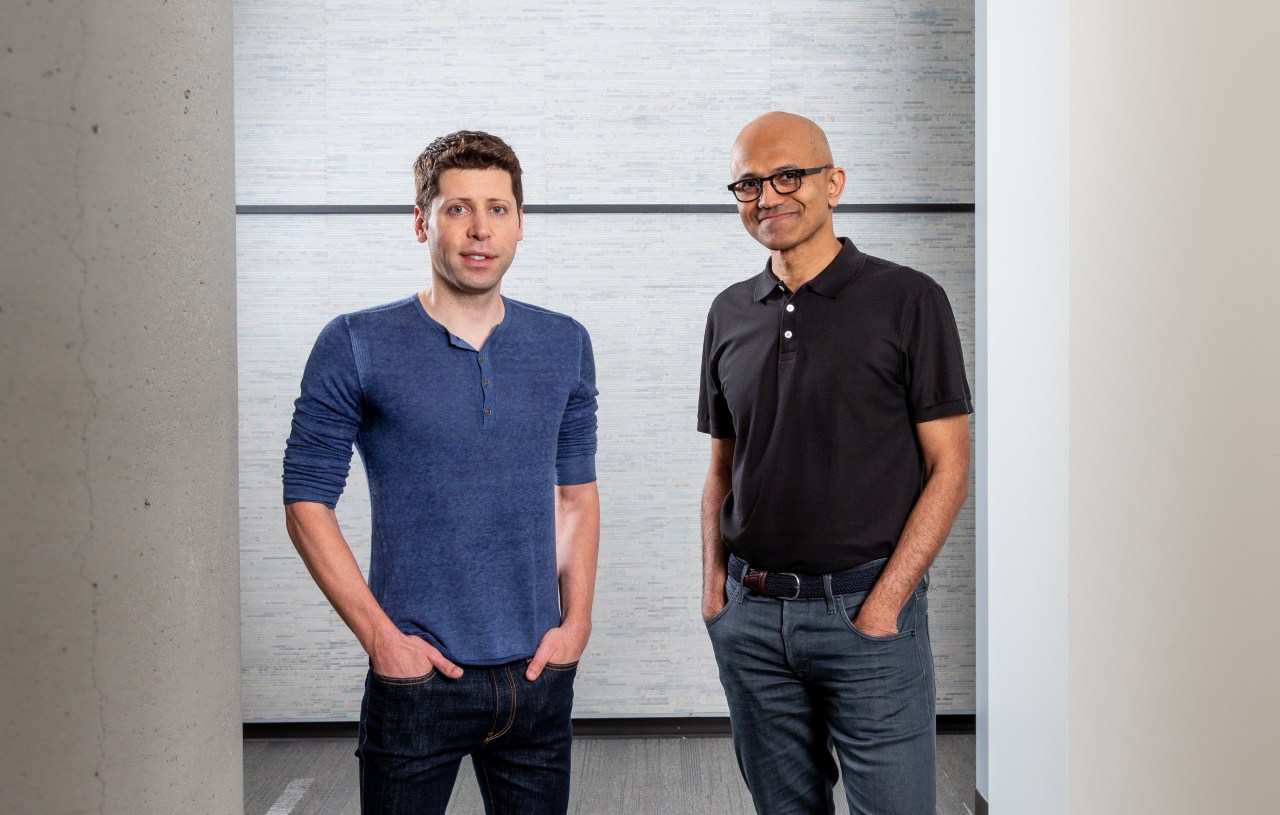As we stride further into the realm of artificial intelligence, the fusion of technology and innovation becomes increasingly pivotal. The partnership between Microsoft and OpenAI marks a significant milestone in the evolution of AI. Since the announcement of their collaboration in 2020, which included a staggering $1 billion investment from Microsoft, the tech community has been buzzing with excitement. Together, they have conceived one of the most powerful supercomputers in existence, designed to propel the vision of general artificial intelligence forward.
A Closer Look at the Supercomputer
This supercomputer, built on Azure’s robust infrastructure, has boasted incredible specifications, making it one of the fastest machines in the world. With 285,000 cores, the machine is designed to achieve performance levels that put it among the top five supercomputers globally. While Microsoft hasn’t disclosed concrete performance metrics, it is estimated that to qualify for such elite status, the system must output over 23,000 teraflops per second. This level of performance is critical for powering the intensive computational tasks required by modern AI development.
The Features that Set It Apart
Among its impressive features, the supercomputer is equipped with:
- 10,000 cutting-edge GPUs to handle vast data computations.
- 400 gigabits per second network connectivity per server to ensure rapid data transfer.
- A dedicated configuration tailored to the specific needs outlined by OpenAI for optimal model training.
These characteristics not only highlight the machine’s capability but also signify a commitment to creating an adaptable environment where complex AI models can be trained more efficiently.
The Vision Behind the Collaboration
OpenAI, under the leadership of CEO Sam Altman, recognized the necessity for a state-of-the-art supercomputer to realize its ambitious objectives. Altman’s vision was clear: “If we could design our dream system, what would it look like?” This guiding principle shaped the collaboration between the two giants. According to representatives from Microsoft, the supercomputer has been a dedicated resource for OpenAI, emphasizing the importance of this partnership as a strategic move toward fostering groundbreaking innovations in AI.
Implications for the Future of AI
The impact of this collaboration stretches beyond technical specifications. The synergy between Microsoft’s Azure cloud services and OpenAI’s pioneering research not only enhances their existing capabilities but also opens new avenues for future innovations in AI technology. As organizations worldwide increasingly rely on AI to drive efficiencies and improve decision-making, this supercomputer stands as a beacon of what is possible when resources and expertise merge:
- Innovative applications across industries, from healthcare to finance.
- Advancements in natural language processing, computer vision, and beyond.
- Creation of AI systems that can understand and respond to human-like context and complexity.
Conclusion: A New Era for AI Development
As we move forward, the impact of Microsoft and OpenAI’s collaboration is likely to resonate throughout the tech world, pushing the boundaries of what AI can achieve. This supercomputer represents a cornerstone in the journey towards developing general artificial intelligence, a goal that could redefine technological possibilities across the globe. At fxis.ai, we believe that such advancements are crucial for the future of AI, as they enable more comprehensive and effective solutions. Our team is continually exploring new methodologies to push the envelope in artificial intelligence, ensuring that our clients benefit from the latest technological innovations. For more insights, updates, or to collaborate on AI development projects, stay connected with fxis.ai.

